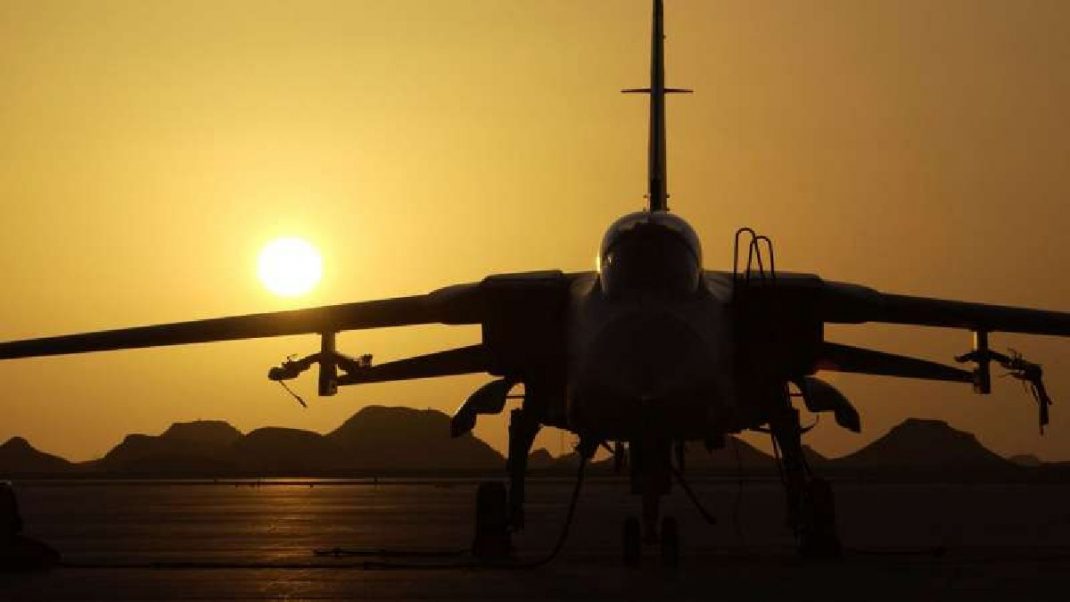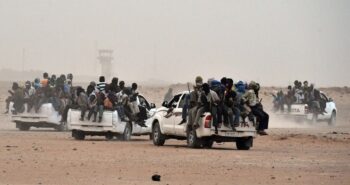By Christopher Lee
There was a time when every think tanker and foreign affairs journal spent a week telling us how to fix Libya.
British forces still have a handle on Libya, but the place is no closer to a stable security platform that it was a year ago.
It was the last place that Britain, France etc decided to help on its way to peace by giving it a mini-bombing.
It’s still a mess. So what happened?
Firstly its state institutions, the vertebra of any nation’s stability, are corrupted and fearful of their values and inability to exercise any authority in case they are damned and worse beyond by the militias and competing military and political groups.
Islamic State in Libya
So many different groupings, all of which are uncompromisingly armed, fail to allow these institutions to cross fertilise and so they have little value.
The first consequence of such naked corruption of power is that the country is run on violence, a mini-economy of its own.
War has its own economy and in Libya, it becomes an industrial employer of corruption, exploitation of resources – including oil – and the continuing, if mostly now internationally ignored, lucrative mini-economy of human trafficking.
In short, Libya has developed violence as a convertible economy in a society that should be living off oil dollars.
Corruption as an economy in itself sets the values for most of Libya and therefore any conflict breeds further and wider spread violence.
The ultimate horror is that the economic values of corruption and violence are too powerful to resist and thus functional government has no attraction.
The reality is that Libya is a black-market where every concession has a price and the line to set that price changes hands many times.
There is, of course, a UN negotiator to resolve the problems of this oil state and to bring warring factions together.
Ghassan Salame works at fruitless chores.
The UN says the single incentive that may bring some ground rule for a stabilised state is an election.
In spite of the rubble of democracy in that place, some 2.3 million Libyans believe in elections… even if the country is run by hoodlums and gangsters who keep in some form of power the two rival groups of authority.
Thus, an election would be fought with gunfire at the order of the two main characters in this black opera, Fayez as-Sarraj and Khalifa Haftar.
How long would he survive?
This then is the pitch and roll of Libya. It is rich and corrupt.
If it ever worked as a state, it would need a vicious grip from a figure who would never again sleep in the same bed every night.
The Son of Gaddafi? It is an irony that one day the United Nations will have to accept and lead the praise for it despite being the same people who ordered air attacks to bring down his father.
In some deeper moment, the moral distinction is blurred and that corruption that is an economy of its own will fail and another will take its place.
ow soon before President Assad will once more be the undisputed President? And that is the lesson of Libya, yet another forgotten war.
It is a place of stenching moral high grounds – partly manured by the actions of friends who went to help and then left when it all became too difficult.
A conveniently forgotten war.
***
Christopher Lee is the Forces Radio, BFBS Defence Analyst. He can be heard every week on the only radio programme devoted to discussing matters of defence and security, Sitrep.
_______________




